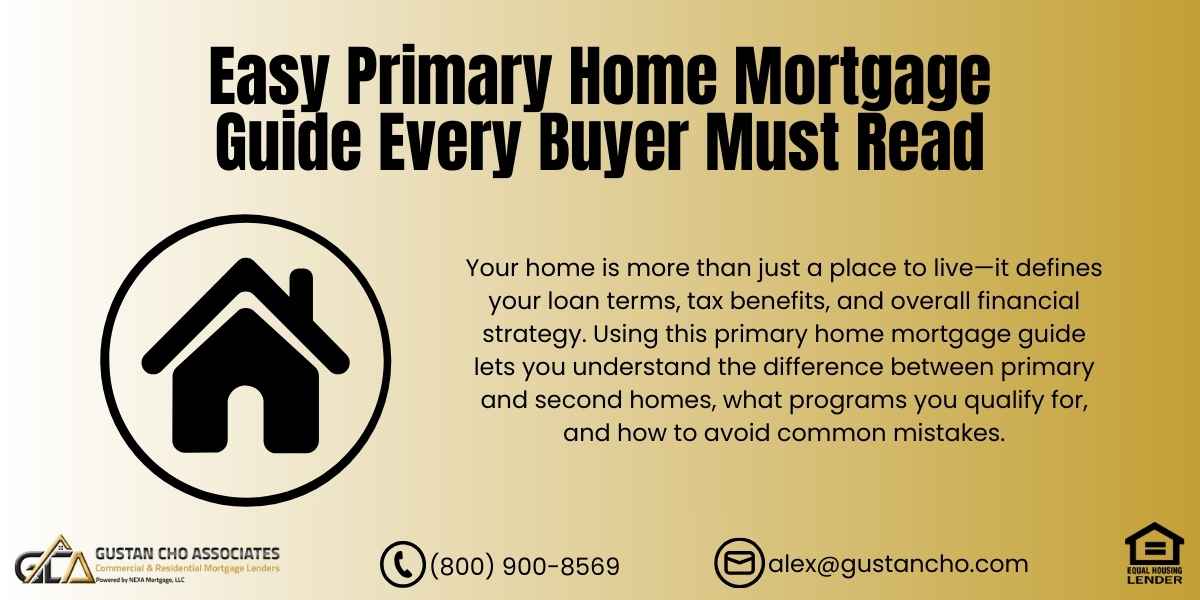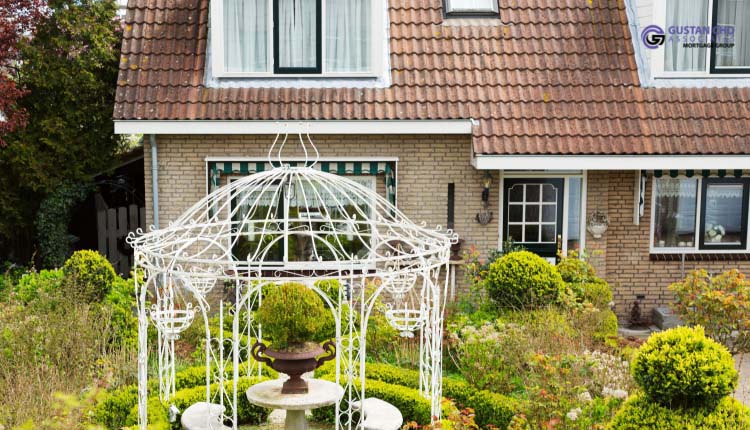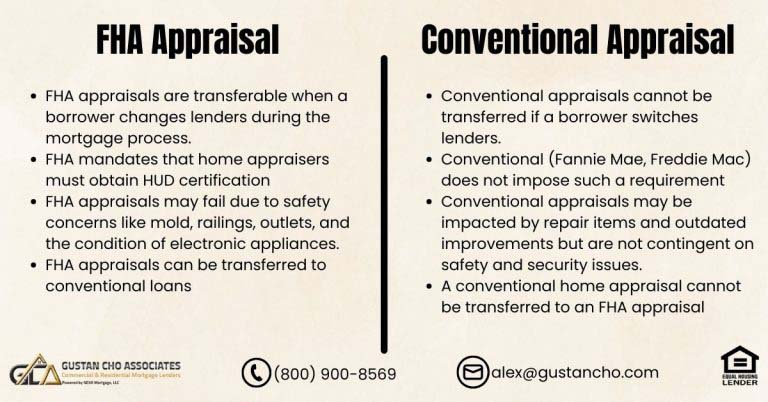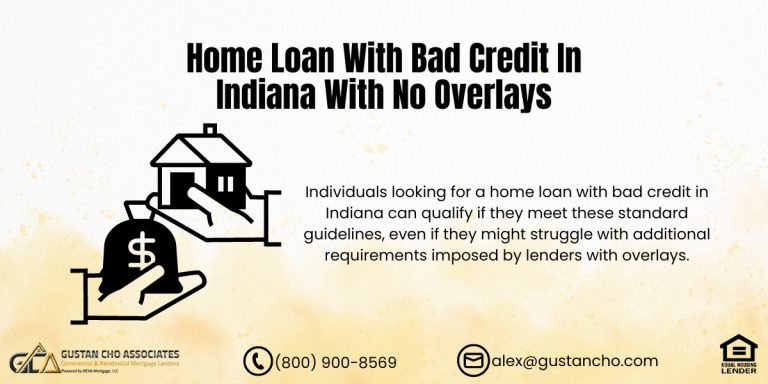Primary Home Mortgage Guide: Rules, Loan Options, and How to Qualify
Buying your first home can feel confusing. One of the most important terms you’ll hear in the process is “primary residence.” But what does it really mean? And why is it so important for loan approval?
This primary home mortgage guide will walk you through everything you need to know—what counts as a primary home, how it differs from a second home, what lenders require, and how you can qualify for the best mortgage programs. By the end, you’ll know how to make smarter choices and avoid costly mistakes.
What Counts as a Primary Residence?
When lenders say “primary residence,” they mean the home where you live most of the year. It’s the house where you sleep at night, get your mail, file your taxes, and register your driver’s license.
This distinction matters because your primary home mortgage guide shows you why lenders and the IRS care:
- Primary residences get the lowest interest rates.
- They require the smallest down payments.
- They qualify for special programs like FHA, VA, and USDA loans.
If you’re buying a home to live in full-time, you’ll get better terms than purchasing a vacation home or rental property.
Primary Home or Second Home? Know Which Mortgage Fits You
Understand the key differences in financing, tax benefits, and down payment requirements.
Primary vs. Second Home: What’s the Difference?
A major part of this primary home mortgage guide is helping you understand the difference between a primary home, a second home, and an investment property.
| Type of Home | Down Payment | Mortgage Rates | Loan Options | Tax Benefits |
| Primary Home | 0–3.5% | Best rates | FHA, VA, USDA, Conventional | Homestead exemption, mortgage interest deduction |
| Second Home (Vacation) | 10%+ | Slightly higher | Conventional, Jumbo, Non-QM | Limited deductions, no homestead exemption |
| Investment Property | 20–25%+ | Highest rates | Conventional, Jumbo, Non-QM | Expense deductions, subject to capital gains tax |
Bottom line: lenders give you better options for a primary home mortgage than any other type of property.
Why Lenders Offer Better Terms for a Primary Home
This primary home mortgage guide makes it clear: lenders give the lowest rates and easiest qualifications for owner-occupied homes.
Why? Because people usually take better care of the house they live in. If you’re buying a primary home, you’re less likely to default on your loan. That lowers the lender’s risk and earns you better terms.
Government-backed loans are also designed for primary homes only:
- FHA loans – FHA loans are an excellent option for those seeking a low down payment and who may have less-than-perfect credit. To qualify, borrowers need to move into the property within 60 days of closing.
- VA loans – VA loans are a great option for veterans and active service members since they let you buy a home with no money down. To take advantage of this benefit, borrowers must move into the home within 60 days and maintain occupancy for at least 12 months.
- USDA loans – Designed for families looking to settle in rural areas, USDA loans provide 0% down financing to eligible buyers. These loans are intended solely for primary residences, making them a solid choice for rural homebuyers.
Can You Have Two Primary Homes?
A frequent question we hear when explaining the primary home mortgage guide is: “Can I have two primary residences?”
The answer is no—you can only have one primary home at a time. However, you may qualify for another primary residence mortgage if your circumstances change.
Examples include:
1. Job Relocation
When you are offered a new job opportunity that requires you to move more than 100 miles away from your current home, you may need to secure a new primary residence. In this situation, the mortgage lender often understands that your work commitment necessitates a change in your living arrangement. A job relocation can allow you to qualify for a new primary residence mortgage despite already owning a home.
2. Upsizing
As your family grows, you might find that your current living space no longer meets your needs. Upsizing typically involves moving to a larger home that can accommodate more bedrooms, living areas, or even outdoor space. This significant life change often qualifies you for a new primary mortgage, helping you secure a home that better suits your family’s evolving requirements.
3. Downsizing
Many individuals opt to downsize to a smaller, more manageable home that reflects their new lifestyle after retirement. This transition can provide financial benefits, easier maintenance, and the opportunity to live in a community better suited to their needs. Downsizing allows retirees to qualify for a new primary mortgage, enabling them to invest in a home that aligns with their lifestyle choices.
4. Lifestyle Needs
Changes in lifestyle, such as the need for closer access to healthcare facilities or a more accessible living environment, can warrant a move to a different home. This often occurs as individuals assess their current living situation and recognize the importance of convenience and comfort in their daily lives. Transitioning to a residence that meets these needs may qualify you for another primary residence mortgage, even if you still own your current home.
Lenders will all require documentation to prove the new home is your primary residence.
Buying Your First Home or Vacation Property? We’ll Help You Decide
Learn how mortgage guidelines differ for primary homes and second homes.
Tax Benefits of a Primary Home
This primary home mortgage guide also highlights tax savings that come with owning your primary residence.
- Homestead exemption: The homestead exemption lets homeowners reduce property taxes on their main home. Many states offer this perk for owner-occupied places, which can really help save money, especially in areas with high property tax rates.
- Mortgage interest deduction: Homeowners can save money on their taxes by using the mortgage interest deduction, according to IRS rules. This deduction allows them to subtract the interest they pay on their home loan from their taxable income, helping lower their taxes when tax season comes.
- Capital gains exclusion: When you sell your main home after living in it for at least two years, you can skip paying taxes on up to $250,000 in profits (or $500,000 if you’re married). You could save a good chunk of cash when you sell your house.
These benefits often don’t apply—or are reduced—for second homes and investment properties.
Debt-to-Income Ratios: When You Own More Than One Home
A crucial part of this primary home mortgage guide is understanding how lenders calculate debt-to-income (DTI) when you buy a new house but keep your old one.
FHA Loans
FHA loans are government-backed mortgages designed to help low to moderate-income borrowers qualify for home financing. With a maximum debt-to-income ratio of 56.9% (with automated approval), they offer flexibility for those looking to purchase a new home while retaining their existing property.
Conventional Loans
Conventional loans are not insured or guaranteed by the government, making them a popular choice for borrowers with strong credit profiles. Typically, these loans have a maximum debt-to-income ratio of 45-50%, requiring a balanced financial situation to ensure responsible borrowing.
If you want to count rental income from your first home, lenders may use 75% of the projected rent—but only if you have at least 25% equity and an appraisal with a rental analysis.
Why You Shouldn’t Lie About a Primary Residence
Some borrowers are tempted to claim a second home or rental as their primary residence. This primary home mortgage guide stresses why that’s a bad idea:
- It’s considered mortgage fraud.
- Penalties can include foreclosure, fines, and even prison.
- Lenders verify occupancy with utility bills, tax returns, and even job location checks.
Always be truthful about how you plan to use the property.
Confused About Primary and Second Home Loans? We’ll Guide You
From rates to loan terms, discover the best options for both primary and second homes.
Financing Options Covered in This Primary Home Mortgage Guide
Here are the top loan programs available for a primary residence:
FHA Loan
The FHA loan is a mortgage option backed by the government that only requires a down payment of 3.5%. This makes it a really appealing choice for first-time homebuyers and people who might not have perfect credit. The whole point of this loan is to help more folks become homeowners, especially in their main places. It has easier credit requirements than regular loans, so borrowers can get by with more flexible income checks and debt-to-income ratios, making it simpler to qualify for this type of financing.
VA Loan
Explicitly designed for eligible veterans, active-duty service members, and certain members of the National Guard and Reserves, the VA loan offers tremendous benefits, including a zero-down payment option and the elimination of private mortgage insurance (PMI). This makes it an appealing choice for veterans looking to purchase a home. The VA loan program also provides competitive interest rates and flexible credit requirements, allowing veterans to take advantage of homeownership without the burden of significant upfront costs.
USDA Loan
The USDA loan program supports homebuyers in designated rural areas by offering a no-down-payment option. It is an excellent choice for those purchasing a home outside of urban environments. This government-backed loan is intended for low- to moderate-income individuals or families who can demonstrate the ability to repay the loan. Beyond the attractive zero down payment feature, USDA loans often come with lower mortgage insurance costs, making homeownership more accessible in rural communities.
Conventional Loan
Conventional loans are popular for people with good credit and usually require a down payment of just 3%. These loans have stricter credit and income requirements than government-backed loans, but they often offer reasonable interest rates and flexible terms. You can use them for your main home, a vacation home, or rental properties, giving you many options for different types of financing.
Jumbo Loan
Jumbo loans are designed for people looking to buy expensive properties that go beyond the limits set by government-backed loans. Because of the larger amounts involved, these loans usually need bigger down payments and stronger credit scores since they come with more risk. Since jumbo loans don’t have government insurance backing them up, lenders often have stricter rules for approval. However, they can be an excellent option for those purchasing luxury homes or properties in high-value areas.
Non-QM Loan
Non-QM (Non-Qualified Mortgage) loans are designed for people with unique financial situations, like self-employed folks who can’t provide the usual income paperwork or those who’ve had recent credit problems. These loans are flexible in terms of what documents are needed. They allow borrowers to prove their income differently by showing bank statements. Non-QM loans can help those struggling to get traditional loans, making them a valuable option for many borrowers.
Each option has different requirements, but the primary home mortgage category always gets the most favorable terms.
How Gustan Cho Associates Can Help
At Gustan Cho Associates, we specialize in helping borrowers navigate the rules in this primary home mortgage guide. We close loans that other lenders can’t, because we have no lender overlays.
We offer:
- FHA, VA, USDA loans for primary residences
- Conventional and jumbo loans for higher-cost markets
- Non-QM and bank statement loans for self-employed borrowers
- Creative solutions for high DTI or credit challenges
Borrowers who need a five-star national mortgage company licensed in 50 states with no overlays and who are experts on primary home mortgage guides, please contact us at 800-900-8569, text us for a faster response, or email us at alex@gustancho.com. We’re open 7 days a week, including evenings and holidays.
Final Thoughts
Your home is more than just a place to live—it defines your loan terms, tax benefits, and overall financial strategy. Using this primary home mortgage guide lets you understand the difference between primary and second homes, what programs you qualify for, and how to avoid common mistakes.
Apply now with Gustan Cho Associates and get pre-approved for your primary home mortgage today.
Confused About Primary and Second Home Loans? We’ll Guide You
From rates to loan terms, discover the best options for both primary and second homes.
Frequently Asked Questions About the Primary Home Mortgage Guide:
Q: What is a Primary Residence in a Mortgage?
A: A primary residence is where you live most of the year. Our primary home mortgage guide explains how lenders check this and why it matters for your loan.
Q: Why do Lenders Give Better Deals for a Primary Home?
A: Lenders feel safer when you live in the house full-time. That’s why the primary home mortgage guide shows you get lower rates and smaller down payments.
Q: Can I have Two Primary Homes at the Same Time?
A: No, you can only have one. However, the primary home mortgage guide explains when you can buy another home as your new primary, like moving for work or upsizing.
Q: How Soon do I have to Move Into My New Home?
A: Most programs, like FHA and VA, say you must move in within 60 days. The primary home mortgage guide covers these rules in detail.
Q: What’s the Difference Between Primary and Second Homes?
A: A primary home is where you live daily, while a second home is for vacation or part-time use. The primary home mortgage guide shows how each loan type is different.
Q: Can I Rent Out My Primary Home Later?
A: Yes, usually after living there for at least 12 months. Our primary home mortgage guide explains how lenders view rental income when you buy another house.
Q: Do I Get Tax Breaks with a Primary Home?
A: You may qualify for a homestead exemption and mortgage interest deductions. The primary home mortgage guide explains how these savings work.
Q: What Happens if I Lie About Living in the House?
A: That’s mortgage fraud and could lead to big trouble. The primary home mortgage guide warns that lenders check bills, tax filings, and your address.
Q: What Kind of Loans Can I Get for a Primary Home?
A: You can get FHA, VA, USDA, or Conventional loans. The primary home mortgage guide also talks about jumbo and non-QM options for special cases.
Q: How Do I Apply for a Primary Home Mortgage?
A: It’s simple—call, text, or email Gustan Cho Associates. This primary home mortgage guide shows we’re open 7 days a week and ready to help.
This blog about “Easy Primary Home Mortgage Guide Every Buyer Must Read” was updated on September 19th, 2025.
Primary vs. Second Home: Which One Should You Buy?
We’ll break down the loan requirements, tax benefits, and affordability for both.










